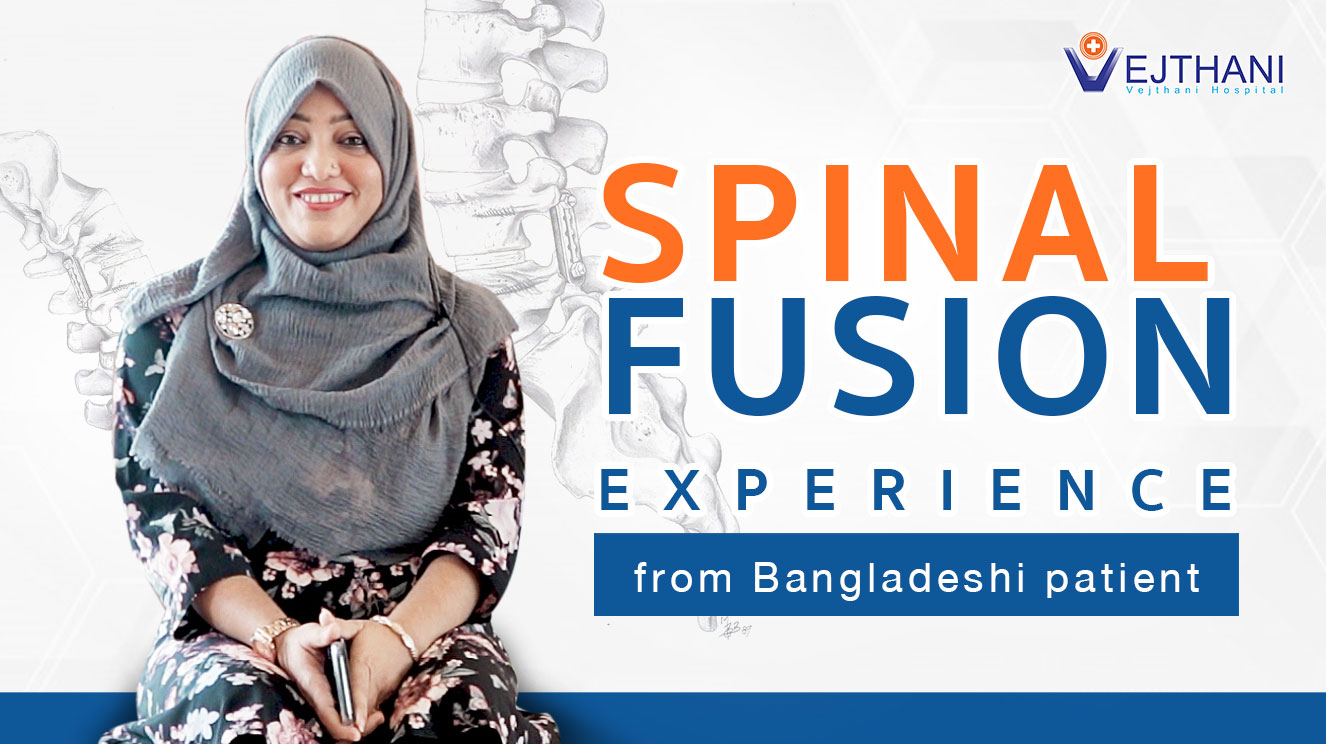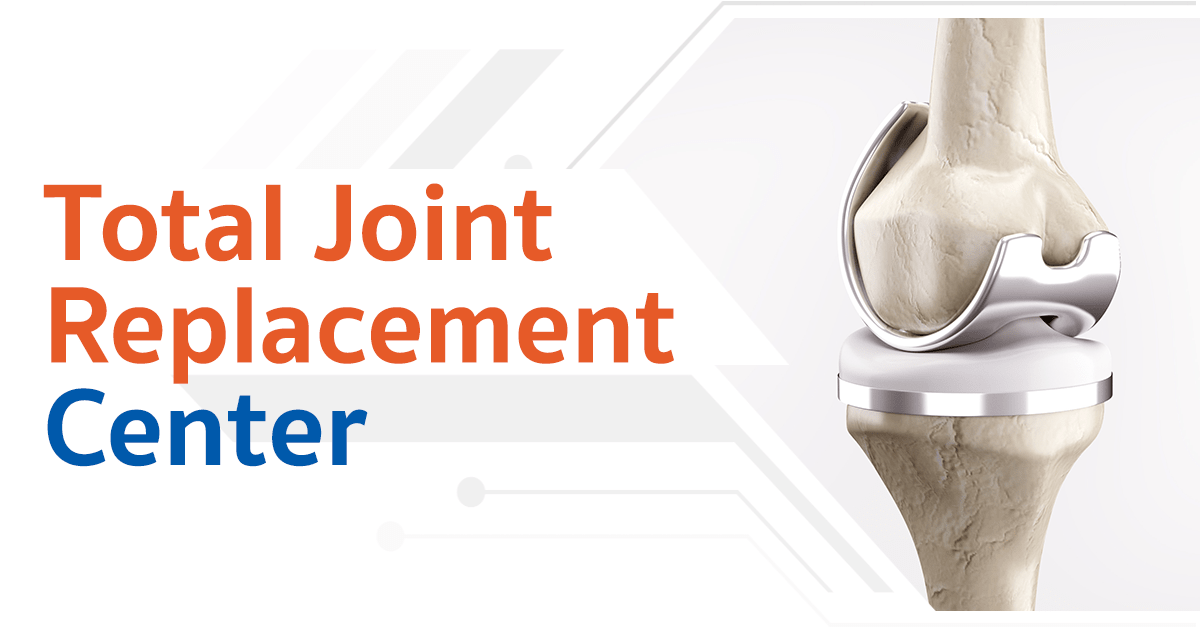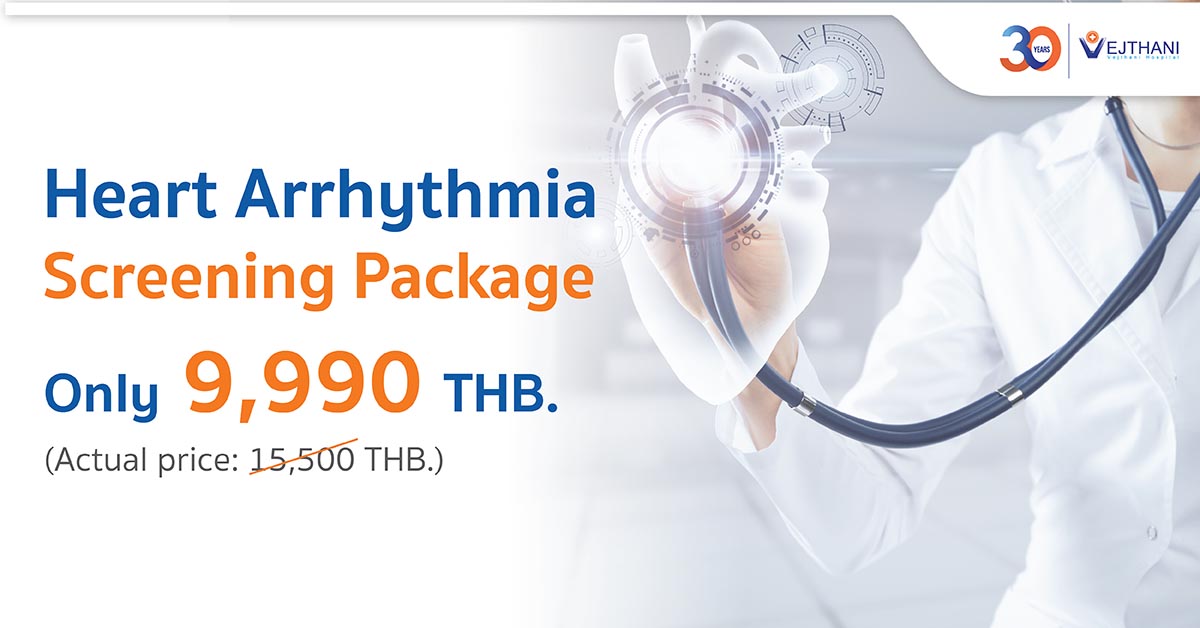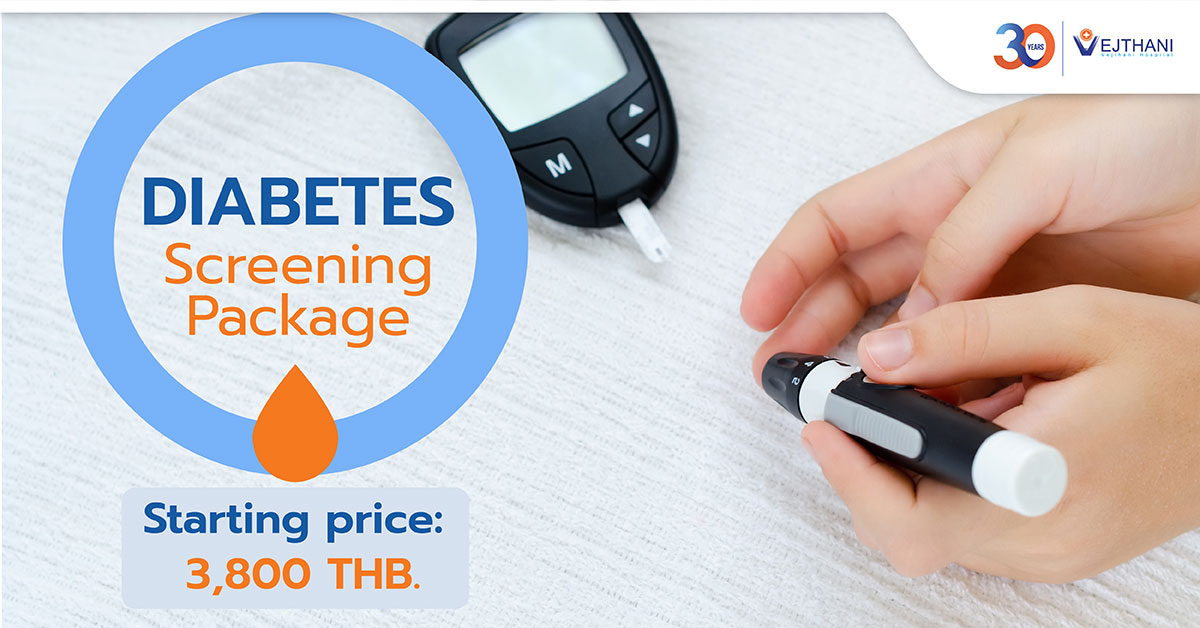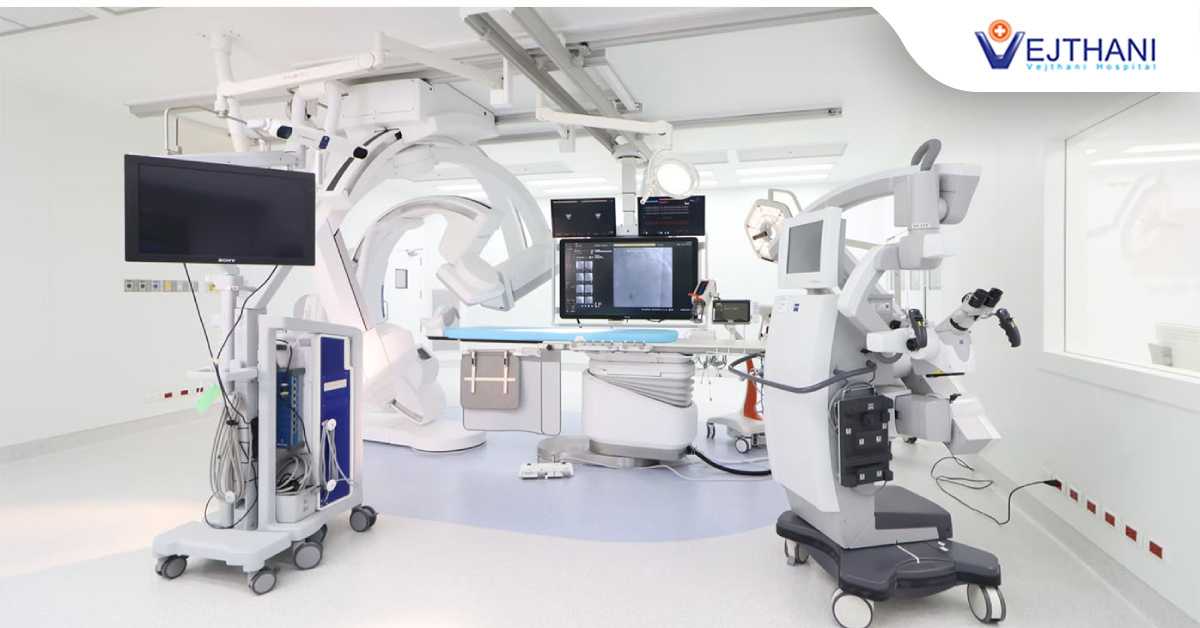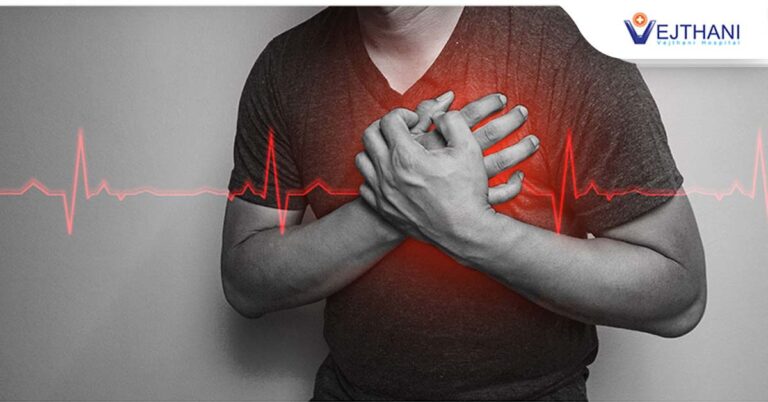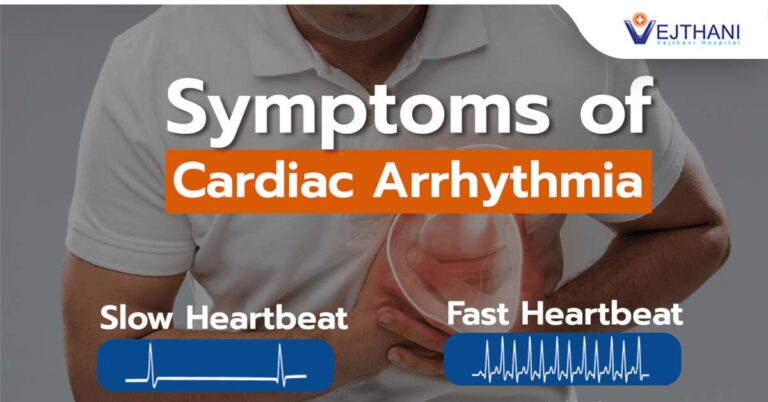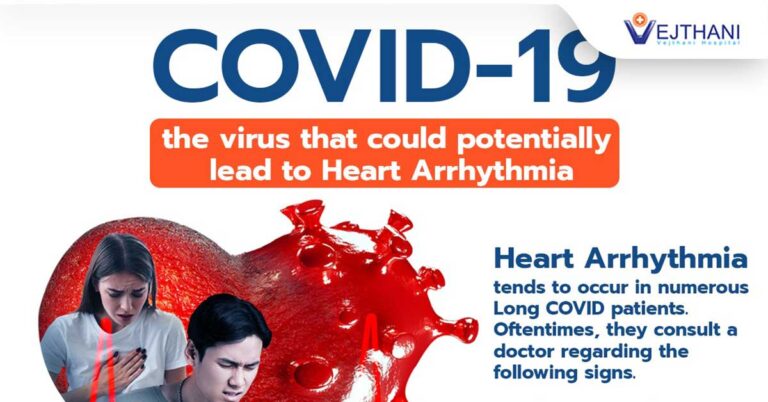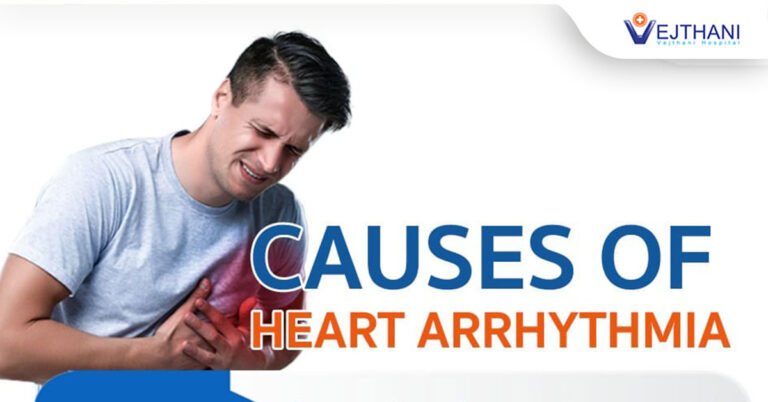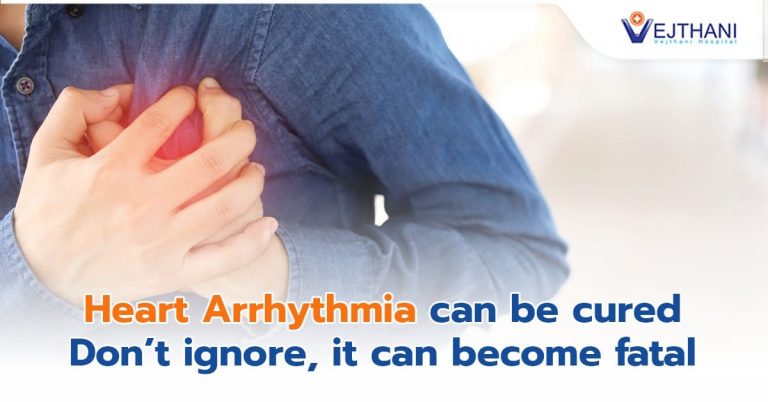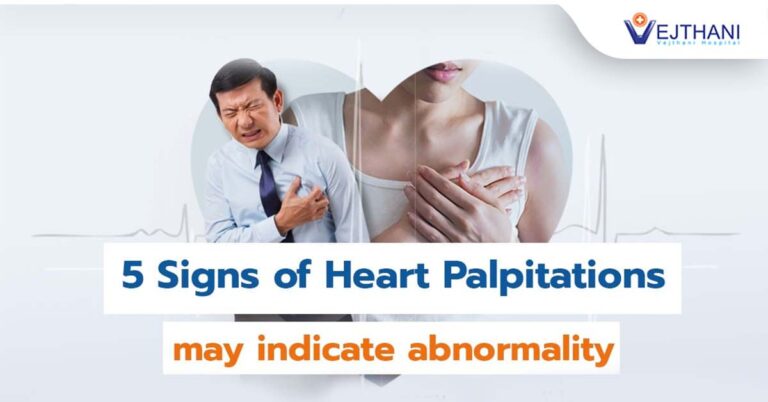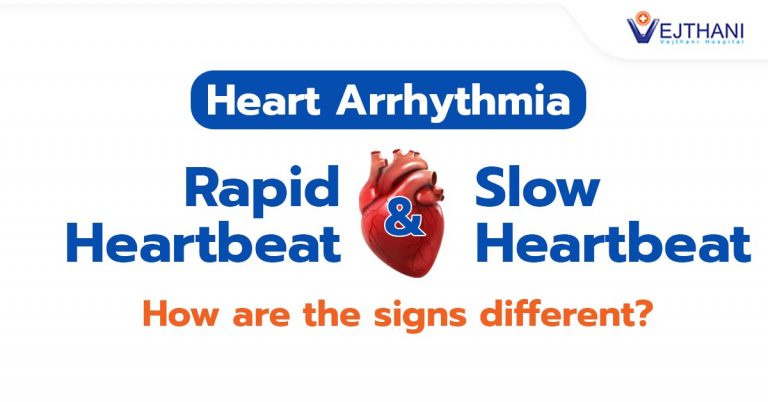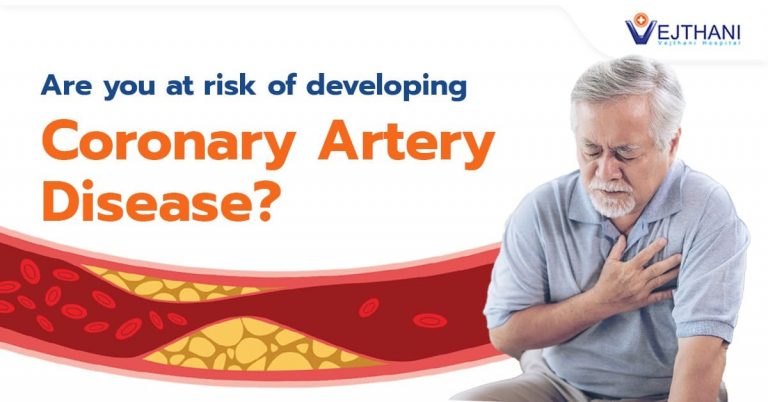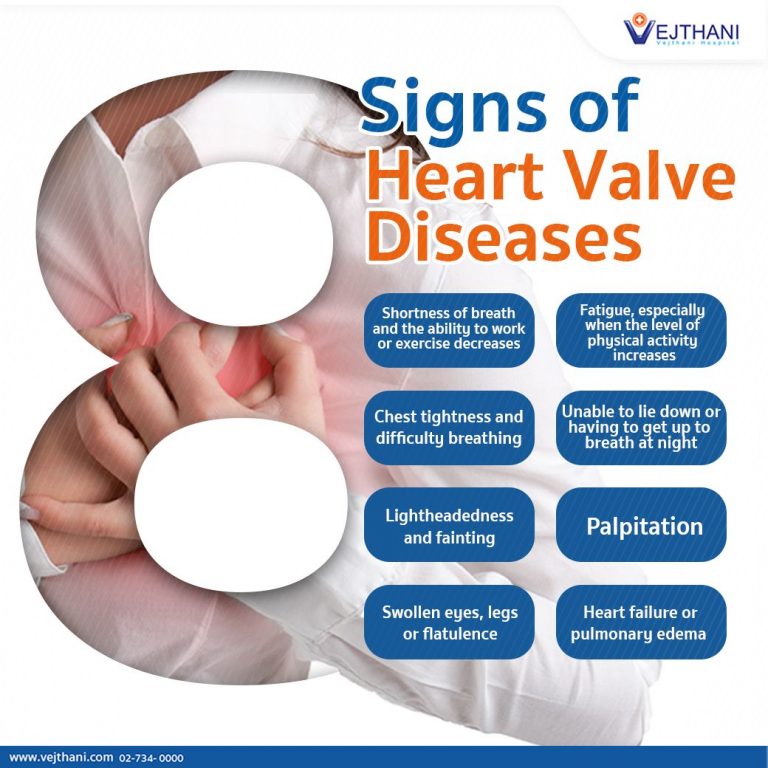
Check List: 5 Symptoms of Cardiac Arrhythmia
Palpitations, heart pounding, panting, chest pain, dizziness, fainting and falling unconscious are initial symptoms of cardiac arrhythmia. However, most patients
Cardiac Arrhythmia can be treated with Radiofrequency Ablation
Cardiac arrhythmia is an irregular heartbeat that is either too slow or too fast to the extent where it reduces the efficiency of blood flow to feed the organs throughout the body. This disease can also pose a fatal risk of heart failure or stroke.
COVID-19 – the virus that could potentially lead to Heart Arrhythmia
According to the Global Data Report, there are 40-60 percent chances for post-COVID patients to develop Long COVID, which is a long-term effect of the virus. This may occur from the decreased immunity that caused by inflammation during the infection of COVID-19, during home isolation or long-term hospital admission, especially for ICU patients. This could also happen from the side effects of COVID medications.
Reduce the Risk factors of “Heart Arrhythmia”
Heart Arrhythmia is classified into two types; rapid heartbeat and slow heartbeat. It can occur from several factors, like structural heart diseases such as:
Heart Arrhythmia can be cured – Don’t ignore, it can become fatal
Have you ever experienced tiredness, palpitation, fainting, or falling unconscious? They might be signs of heart arrhythmia which often time; patients don’t rush to see a doctor even after having the symptoms. By the time they become aware of it, the symptoms progressed or other complications developed.
5 Signs of Heart Palpitations may indicate abnormality
nyone can experience heart palpitations. When excited, stressed out, worried, after alcohol consumptions, even certain medications can cause heart palpitations. Regardless of the causing factors, the matter should not be overlooked because if the causes are triggered by health problems
Be aware of the symptoms of Heart Arrhythmia
Normal heart rate is at 50 -100 beats per minute. If heart beats slower or faster than this range, it falls into the condition of heart arrhythmia.
Are you at risk of developing Coronary Artery Disease?
Coronary artery disease or myocardial ischemia often occurs in men aged over 55 years old, women older than 65 years or patients with obesity, diabetes, high blood pressure, high cholesterol as well as smokers, those who have a sedentary lifestyle and have a strong family history of coronary
8 Signs of Heart Valve Diseases
Heart valves are responsible for being the barriers between heart chambers. Their functions are to control blood flow in the right direction and prevent it from flowing backward.
